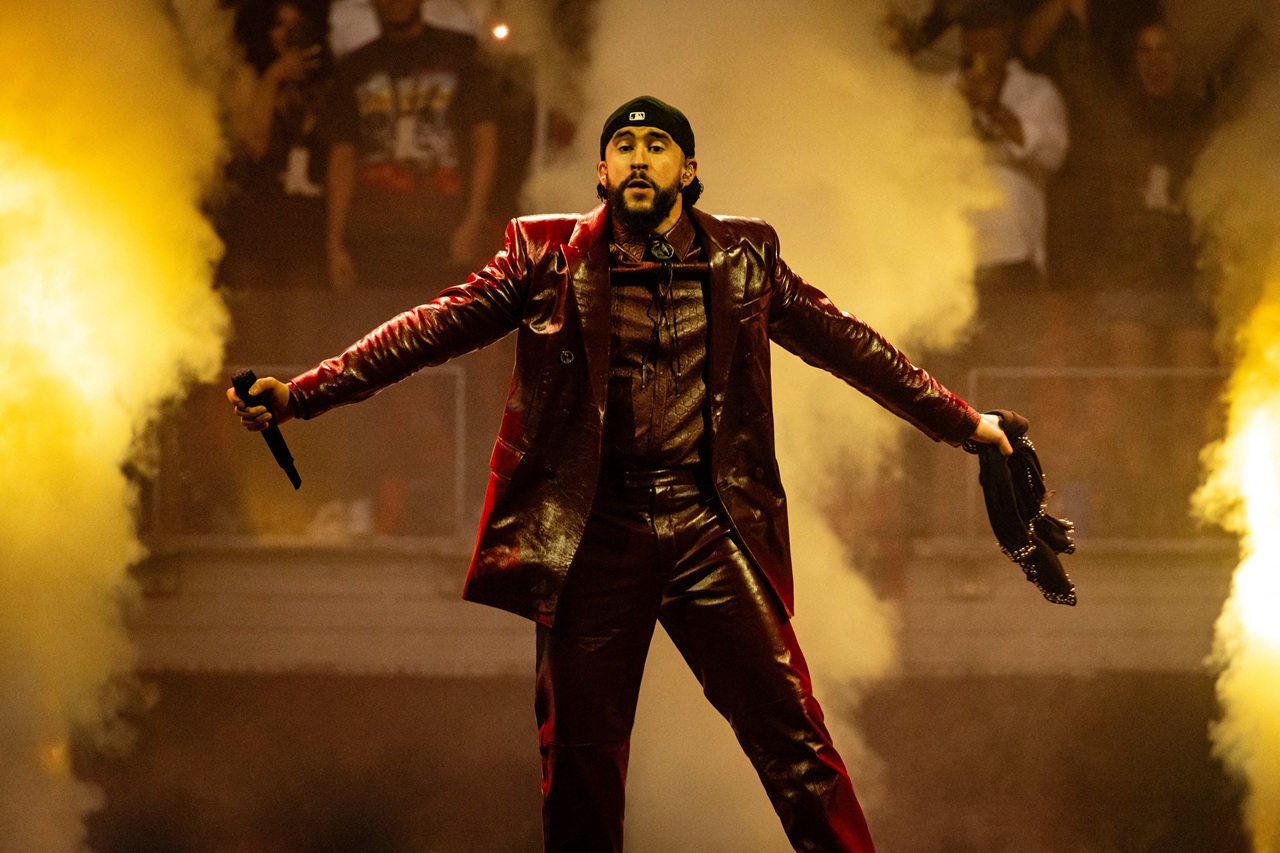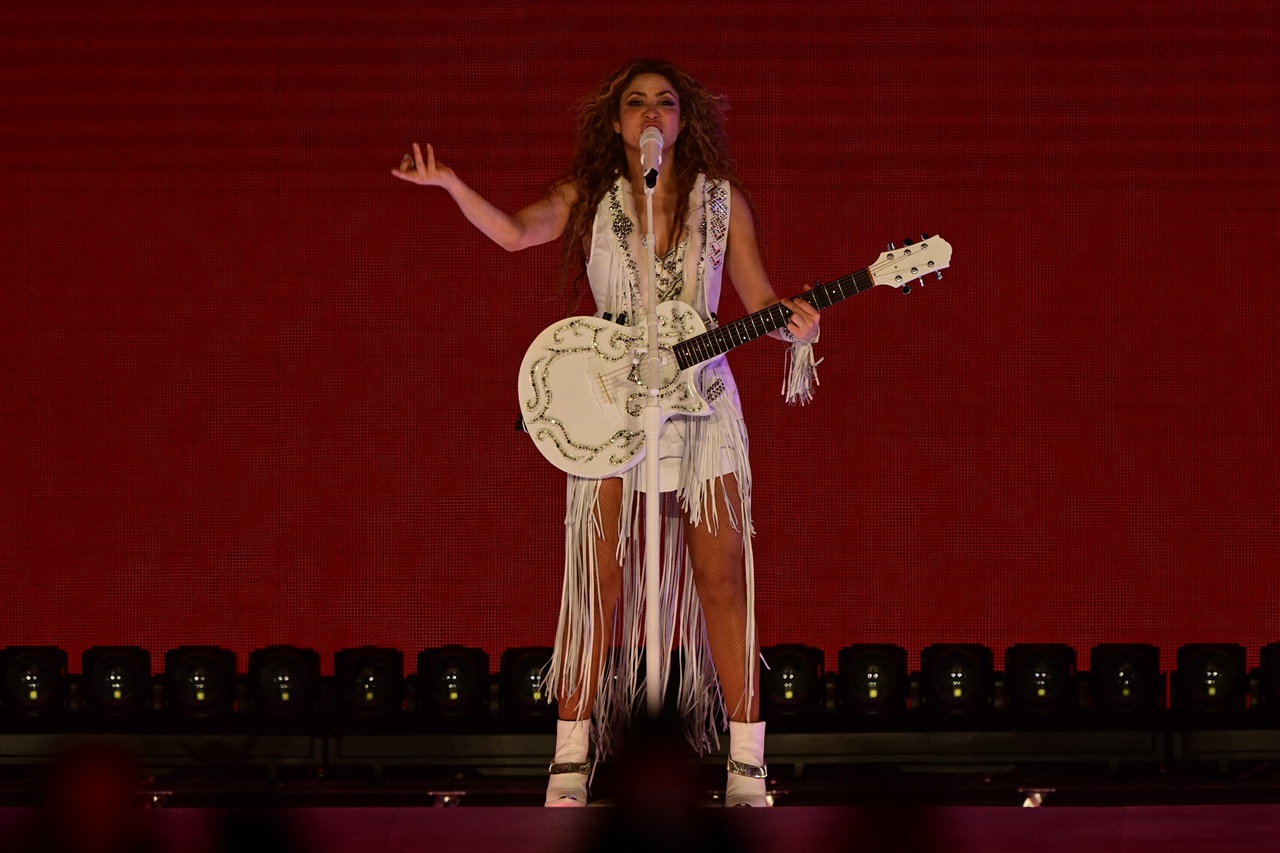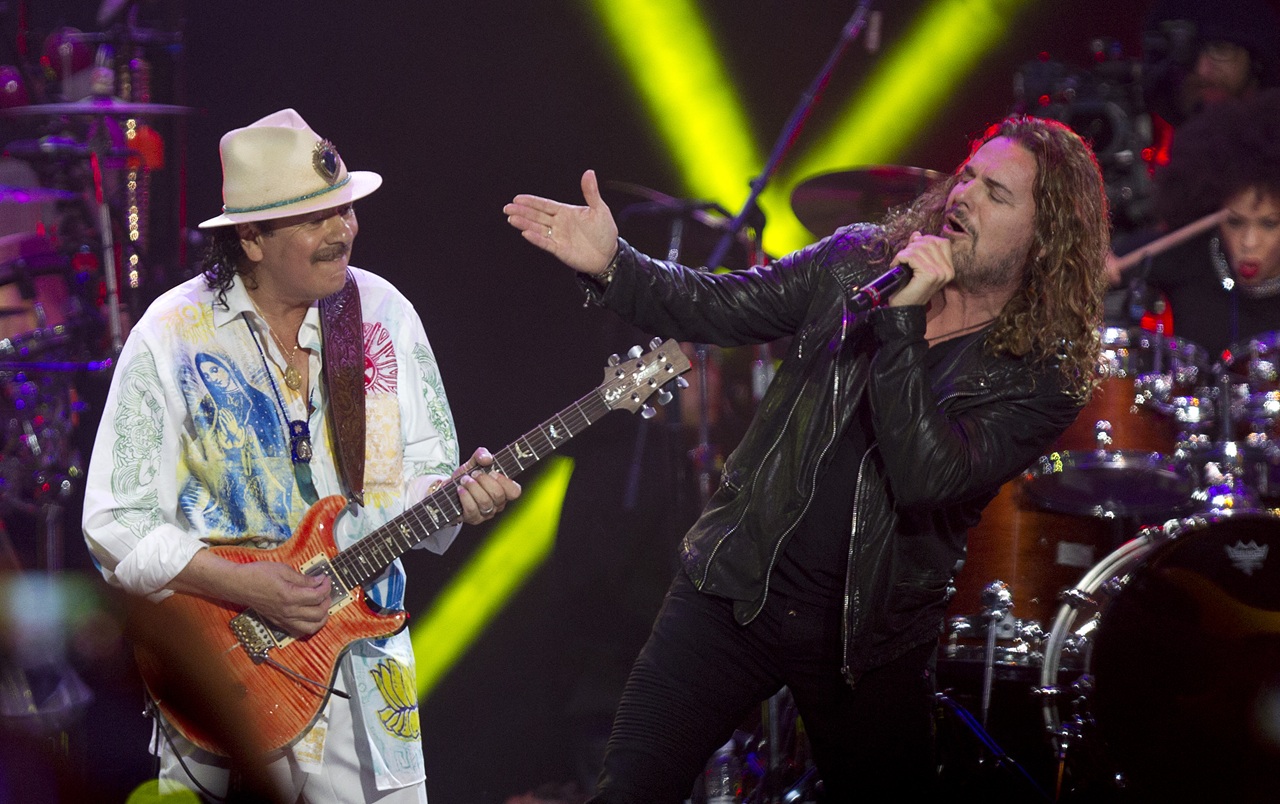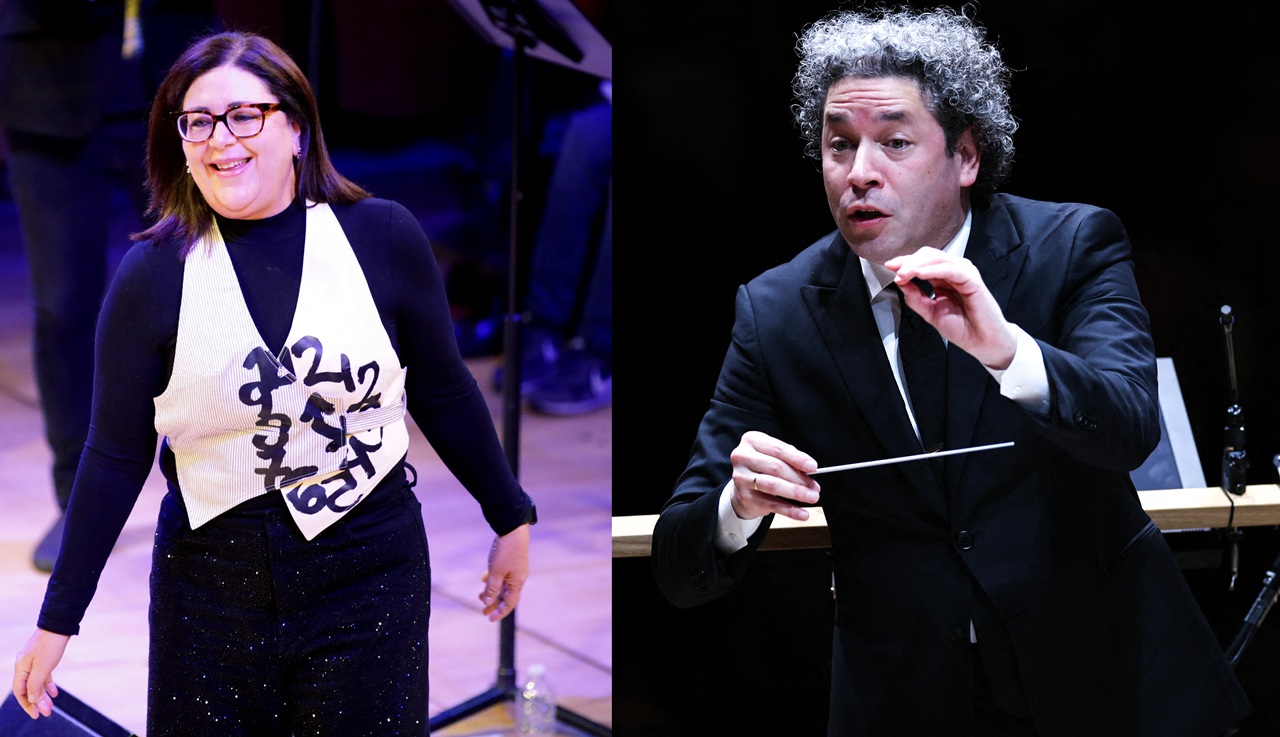
The Government's odyssey against Ticketmaster
39 attorneys are asking Ticketmaster to compensate consumers who have been harmed.
This Monday, the lawsuit filed in May against Live Nation, owner of Ticketmaster, was updated, seeking compensation for consumers for an alleged illegal monopoly exercised by the company.
In the lawsuit, U.S. Attorney General Merrick Garland accuses Live Nation of anti-competitive practices that result in higher fees for consumers and limit opportunities for smaller artists and promoters.
The document, filed in the U.S. District Court for the Southern District of New York, alleges that Live Nation-Ticketmaster is unlawfully exercising monopoly power in violation of Section 2 of the Sherman Act.
RELATED CONTENT
As a result of these actions, music fans in the United States are deprived of ticketing innovations, forced to use outdated technology and pay more for tickets compared to consumers in other countries. In addition, Live Nation-Ticketmaster uses its influence over artists, venues and independent promoters, hurting competition.
“Live music should not be accessible only to those who can afford Ticketmaster's fees,” added Assistant Attorney General Jonathan Kanter of the Justice Department's Antitrust Division.
New York General Attorney Letitia James also noted that Live Nation and Ticketmaster have exploited the market by overcharging consumers and harming venues and artists, and that the amended complaint seeks to recover damages for New York consumers who overpaid.
The complaint alleges that Live Nation-Ticketmaster has unlawfully maintained monopolies in various concert promotions and primary ticketing markets, and engaged in other exclusionary conduct affecting live concert venues, including stadiums and amphitheaters.











LEAVE A COMMENT: